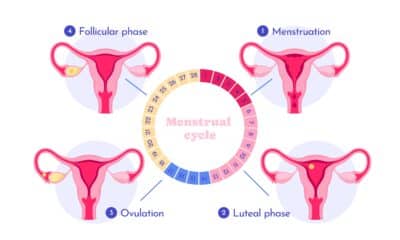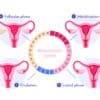The Essential Role of Carbs After Your Workout for Faster Recovery and Better Performance
In today’s health-conscious culture, carbohydrates often receive a bad rap, largely thanks to the rise of carb-free diets championed by various brands and influencers. While reducing carb intake can be a thoughtful approach to lower excess energy consumption, it’s crucial for those who engage in rigorous physical activity to maintain adequate carbohydrate levels, particularly after workouts, to effectively restore glycogen levels, according to recent research.
Although the necessity of post-exercise carbohydrate consumption for glycogen replenishment has been acknowledged by experts, the specifics regarding the optimal amount of carbs and the duration required for recovery have remained uncertain. A new study published in the National Library of Medicine and conducted by The Journal of Physiology aims to shed light on these important questions.
Why Does the Body Need Glycogen?
Glycogen, the stored form of glucose, serves as the primary energy source derived from carbohydrates. It is stored in both muscles and the liver for future energy needs. When glycogen levels dwindle, it can lead to a detrimental drop in energy and performance. In extreme cases, this depletion can result in low blood pressure and hypoglycemia. Therefore, it’s vital for athletes and individuals with intense training regimens to adequately replenish their glycogen stores.
How Was the Study Conducted?
The research involved 12 seasoned male cyclists, averaging 25 years in age, who were divided into two distinct groups. After cycling for approximately two hours, which significantly depleted their glycogen reserves, one group underwent a carbohydrate refeeding regimen for 12 hours, while the other group refrained from food and was only allowed to drink water or tea. The study then took measurements to assess the effects on glycogen levels after the recovery period.
What Were the Findings?
The study’s findings affirmed that “exercise strongly reduces glycogen contents of both muscle and liver tissue.” The results indicated that without carbohydrate intake, glycogen levels remained severely depleted in both muscle and liver tissues. Specifically, participants who did not consume carbs showed an average glycogen depletion of 64% in muscle and 34% in the liver. In contrast, the carbohydrate refeeding group managed to completely restore liver glycogen within 6 hours, although muscle glycogen took up to 24 hours to return to baseline levels.
The report further highlighted that during post-exercise recovery, levels of plasma glucose, lactate, and insulin increased, which provided critical substrates and a hormonal environment conducive to liver glycogen synthesis. This demonstrates the importance of carbohydrates following intense workouts.
The carbohydrate intake for the refeeding group was set at 10 grams per kilogram of body mass, offering a useful guideline for individuals preparing for subsequent training sessions. However, researchers cautioned that increasing carbohydrate intake beyond this amount may not expedite recovery, as glycogen transportation to muscle tissue is inherently slower than to the liver.
















